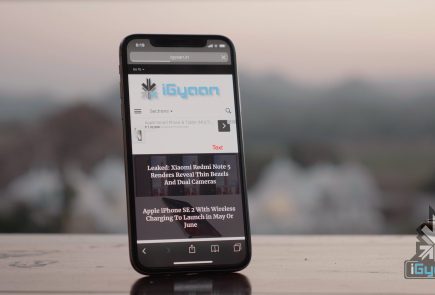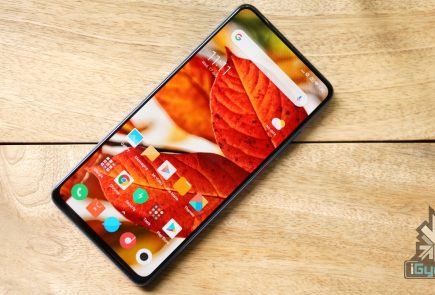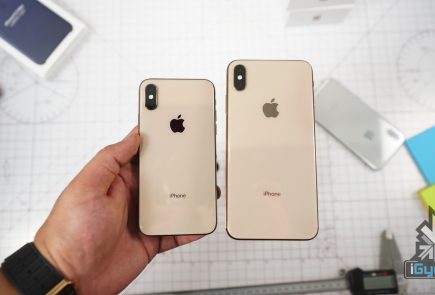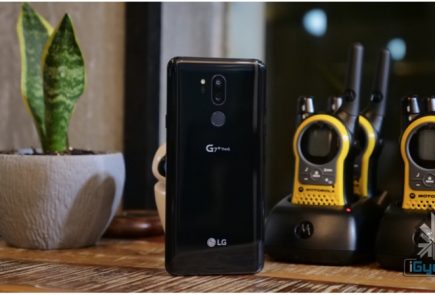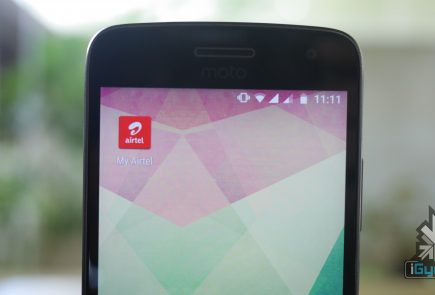Qualcomm And Virgin Mobile Team Up to Lead the Internet Race

A sustainable, high-speed internet is the demand of the digital era. The world has entered into the 4G zone, but the need for speed never dies. There’s still a need for improved, high-speed global Internet access which can be offered to people at cheap rates. Qualcomm, a semiconductor manufacturer, has moved ahead in this direction and is venturing with British multinational brand Virgin Group to build a structure that would offer global internet access at express speed.
The top giants are aiming to fly a constellation which will have a total of 648 satellites. Some of the satellites will be launched by the Virgin’s own spaceflight unit, Virgin Galactic. The company is presently developing a satellite delivery service called LauncherOne, along with some vehicles that will revolve in the sub-orbit of Earth. These vehicles have been named SpaceSpace Two.
The fleet of satellites will cost somewhat between $1.5 billion and $2 billion. The telecom brand is saying that these satellites will not only facilitate users with lightening speed Internet, but will also provide the world with an option of superior telephone services. Presently, the proposal is under review with OneWeb and the company will soon come up with its verdict. The OneWeb system will build a spacecraft that will be positioned in the orbit of Earth. Both companies, Virgin Mobiles and Qualcomm, plan to fund the project with an undisclosed amount.
OneWeb said that the forthcoming project will extend the networks of mobile operators globally through which they can reach around 3 billion people in far-flung areas.
Following year, Google started a research and development project called Project Loon, under which the internet search engine sent balloons 20 miles up in the air. Through these, users of the service could connect to the balloon network using a special Internet antenna attached. These signals travel from one balloon to another and then to the base stations and later circulate to the global Internet. Project Loon was well received, but at times, the balloons witnessed some crash incidents.
If OneWeb accepts the investment proposals of the producers, Qualcomm and Virgin will be the front runners in the race of top Internet providers. With the satellite-based internet, accessing broadband will be fast and hassle-free.

















